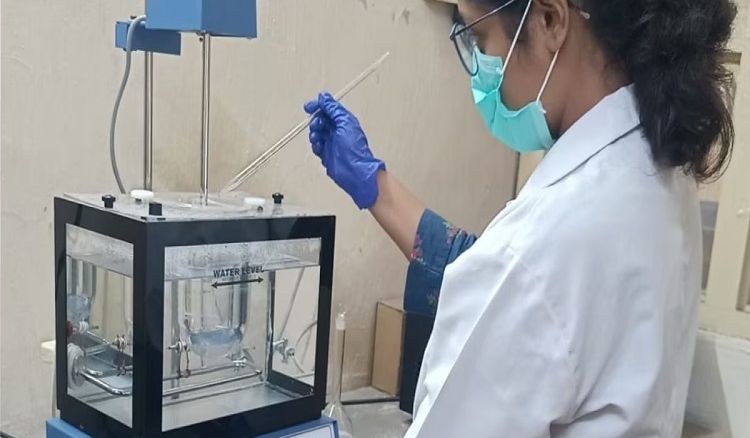In a groundbreaking study conducted at Maharaja Sayajirao University in Vadodara, Gujarat, India, Professor Dr. Anjali Patel and her research student Debotri Dasgupta have unveiled a remarkable connection between diabetes and cancer treatment. Their research suggests that a specific class of diabetes medication may not only control diabetes but also reduce the risk of cancer.
Diabetes mellitus type 2 (DMT 2) is a disease that can be triggered by various stressors at any time, making it a prevalent health concern worldwide. Researchers have now discovered an unusual link between DMT 2 and cancer, where DMT 2 may promote cancer growth.
Recent studies have shed light on the intriguing connection between cancer and anti-diabetic drugs. A review has shown that long-term use of certain anti-diabetic medications, such as gliptins and sulfonylureas, may reduce the risk of cancer among DMT-2 patients.
According to recent statistics from the International Diabetes Federation, approximately 463 million people worldwide are grappling with diabetes. Failing to address this critical issue or manage it effectively could result in a staggering rise to 700 million individuals affected by diabetes.
Professor Dr. Anjali Patel and her research student, Debotri Dasgupta, have also claimed that providing controlled medications may not only free individuals from diabetic complications but also serve as a potential defence against cancer. Their innovative drug delivery system relies on silica nanoparticles, designed to optimise gliptin's anti-cancer properties.
Gliptins, a class of anti-diabetic drugs, stimulate the body's natural insulin release, reducing blood sugar levels. These medications not only help mitigate kidney damage and neuropathy but also appear to offer cancer protection.
Their research indicates that gliptins may target and eliminate cancer cells in liver cancer cell lines, showing an impressive 63% efficacy. However, further in-depth studies are necessary to fully comprehend these findings.
This research paper will be presented at the forthcoming 2nd International Conference on Nanotechnology and Bio-Nanoscience (NANO BIO), organized by the Hellenic Mediterranean University and the International Society for Nanotechnology and Bio-Nanoscience (ISL-FORTH). The conference is scheduled to take place from September 11th to 15th, promising to provide more insights into this groundbreaking discovery.
The potential dual benefits of gliptins in managing diabetes and reducing cancer risks offer hope for millions worldwide. As this research continues to develop, it could revolutionise how we approach both of these complex diseases, providing a brighter future for those affected by diabetes and cancer.
 বাংলায় পড়ুন
বাংলায় পড়ুন














